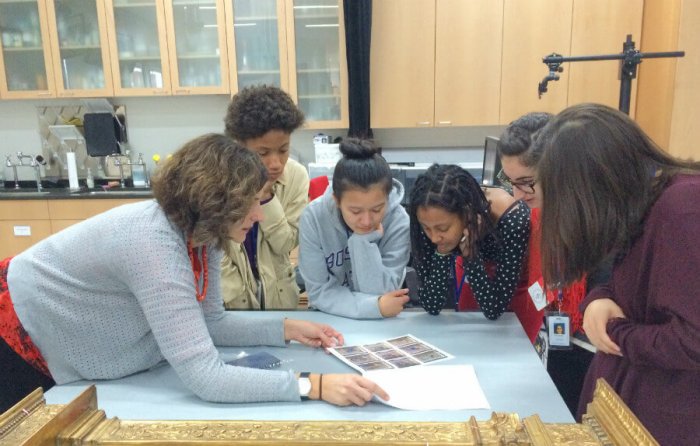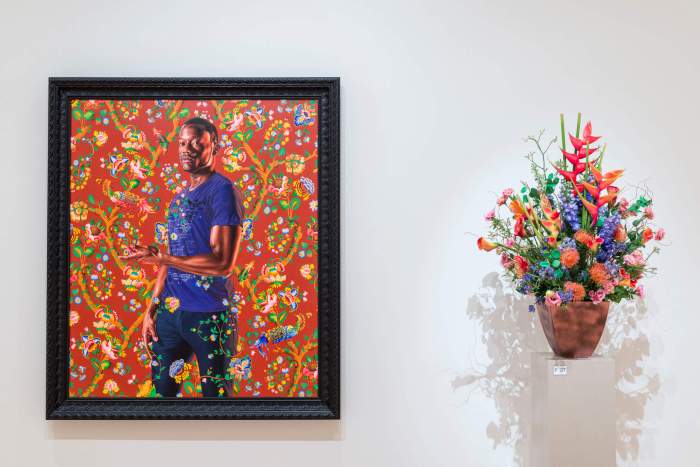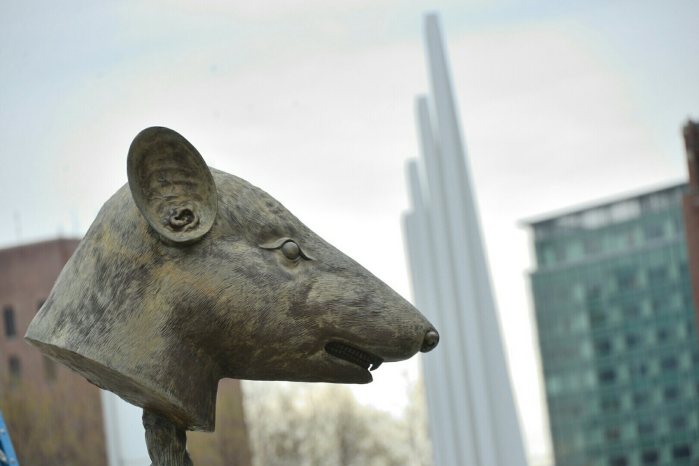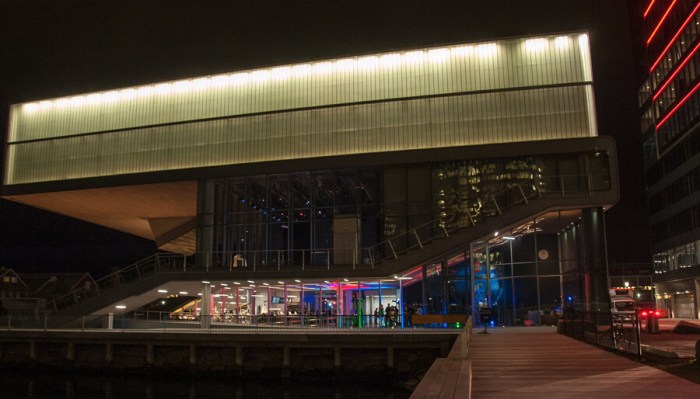A promotion at the Museum of Fine Arts that inflamed protestors last year will find itself back in the spotlight in 2016. Critics of the MFA’s so-called “Kimono Wednesdays” events, which offered viewers the chance to pose for pictures in an elaborate Japanese garment, said they amounted to cultural appropriation. After the backlash and some small protests, the museum stopped running the promotion — letting visitors touch, but not wear the garment.
Now, the MFA is re-examining the issue, planning to hold a panel discussion and calling on some prominent figures to do a “Kimono Wednesdays” post-mortem. “The reactions and thoughts raised by ‘Kimono Wednesdays’ were complicated and nuanced and very contemporary,” said Jasmine LaRue Hagans, who planned the discussion. Hagans was not involved in organizing the kimono events. “This event occurred in the very recent past and now we get to look to the future with it.” Featured in the discussion are a Wellesley professor, an art historian, a journalist and Xtina Huilan Wang, a member of a group called Decolonize Our Museums and one of “Kimono Wednesdays’” original protestors. RELATED: Tufts, School of the Museum of Fine Arts to merge in 2016 Wang, who could not be reached for comment, told Metro in July that the promotion was a “farce,” and that the kimono “can be appreciated without this parade of putting it on and taking selfies in front of a painting.” The MFA hasn’t changed any policies since the protests, but has had “dialogue about how — as the world continues to evolve — we can be more accountable to our audiences, who speaks for whom in a museum setting, and how we address issues like cultural appropriation in our galleries and educational programs,” said Karen Frascona, the museum’s public relations director, in an email. In the time since the summer debacle, the MFA kimono issue has caused a lot of buzz among Japanese art historians, said Reiko Tomii, a New York-based expert in the field and one of the panelists picked for the discussion. In Tomii’s opinion, the MFA didn’t educate viewers about the kimono’s rich, complicated history as well as it should have. But she isn’t convinced that letting museum-goers try on a kimono and pose for pictures was, necessarily, a mistake. RELATED: Getting ‘Naked at the Art Museum’
“To be honest with you, I want to try that kimono on too, really,” she said. “As much as, probably, American people want to try it on, maybe for different reasons.”
She compared the donning of a kimono to re-enacting a battle from the Civil War in full military garb, or eating a true-to-history dinner in Colonial Williamsburg.
“You could say the museum crossed a line, but on the other hand the museum crossed a line because they were inept in organizing this event,” she said. “The way they implemented it was not ideal.” Another panelist invited to the talk is Ryan Wong, who last year wrote a widely shared article for the art and culture site Hyperalllergic about “Kimono Wednesdays,” protestors’ right to be take issue with it and the history of Asian-American activism. Wong said was pleased the MFA —after all the attention it received six months ago — now has a chance to talk about the line between celebrating culture and exploiting it, and to do it with some diverse thinkers in front of a live audience. “My hope is that on all levels the MFA operates on, we can see a more inclusive approach to audiences – one that really considers the political ramifications of what it does,” he said. “I’m looking forward to continuing the conversation.” The event, which is free, is being held in the 380-seat Remis Auditorium on Sunday, Feb. 7 at 1:30 p.m.
Boston museum to re-examine the case of ‘Kimono Wednesdays’
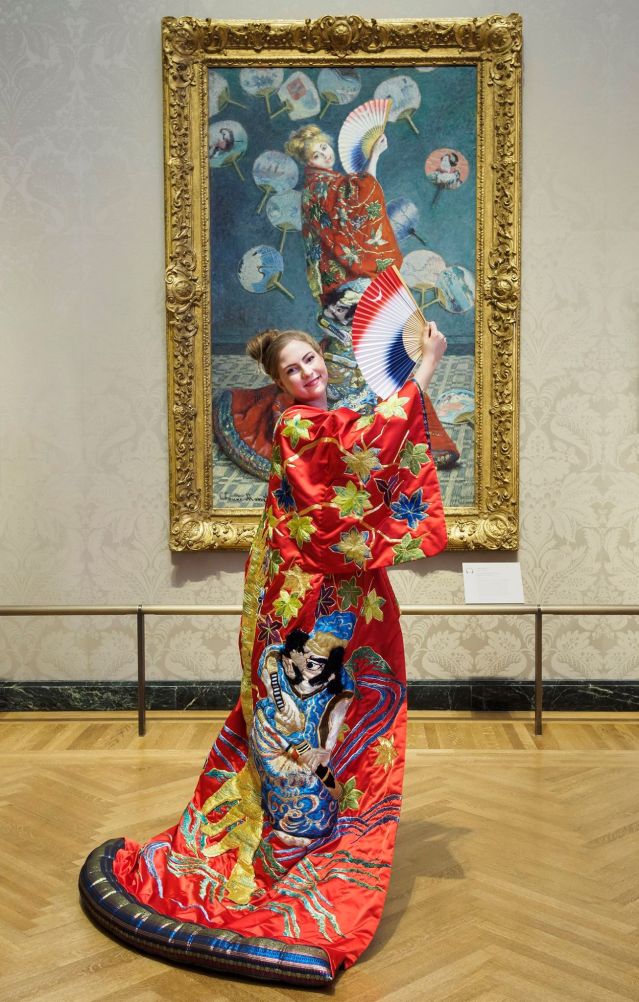
MFA











